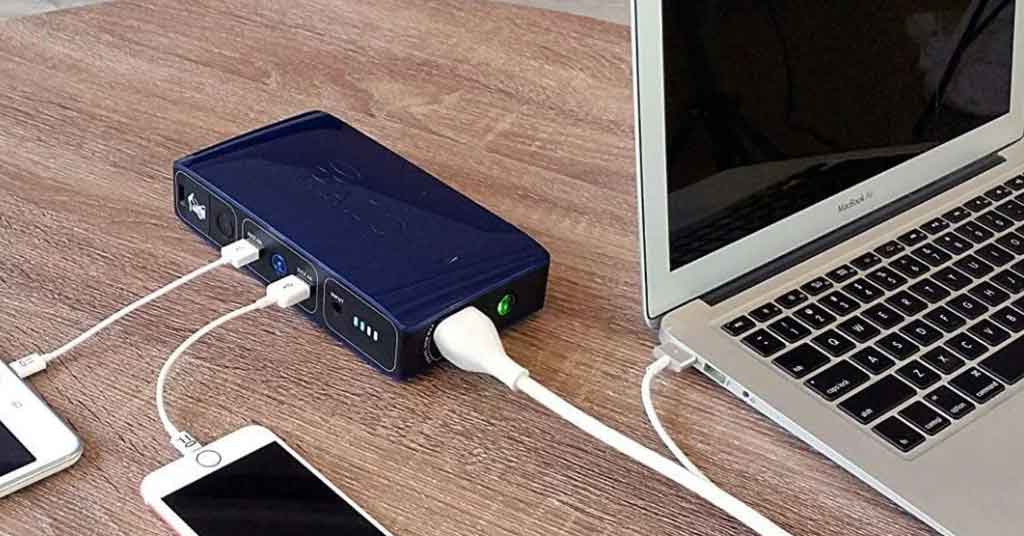Welcome To ChemAnalyst

A group of Canadian scientists has discovered an innovative method to prolong the battery life of the majority of laptops and smartphones, tackling an issue with power drainage identified a year ago.
Typically, laptop and mobile phone batteries employ minuscule strips of tape crafted from polyethylene terephthalate (PET), a synthetic resin, to secure their internal components. In November of the previous year, the team operating at Dalhousie University's battery lab in Halifax made a startling revelation: this particular plastic material could dissolve due to a chemical reaction occurring within the battery. This dissolution process led to a depletion of the battery's charge without the emission of electrical current, a phenomenon referred to as self-discharge. The consequence of this self-discharge was that fully charged devices could gradually lose their charge even when powered off.
The research team determined that substituting chemically stable polypropylene (PP) tape in place of PET could significantly enhance battery life. This change could potentially extend battery life by up to 10% and reduce self-discharge by as much as 70%. These findings were recently published in the scientific journal Nature Materials.
Polypropylene possesses markedly stronger chemical bonds compared to PET, rendering it a more stable material for battery construction while effectively holding the battery components together. Typically employed in the production of durable items such as outdoor furniture and reusable water bottles, polypropylene tape offers a viable alternative. Adamson noted that the cost of polypropylene tape is comparable to that of its PET counterpart, making the switch financially feasible for manufacturers.
Jeff Dahn, a professor emeritus in the department of physics, atmospheric science, and chemistry at Dalhousie University, lauded Adamson's groundbreaking discovery. He commended the research as "incredibly nice chemical detective work" and underscored the importance of recognizing the intricate connections within lithium-ion batteries.
Dahn, whose expertise lies in lithium-ion batteries, highlighted the impressive nature of the research. He acknowledged that it takes a highly skilled student to comprehend the multifaceted aspects of lithium-ion batteries and develop innovative solutions. Dahn's praise underscores the potential impact of this discovery, as it has the potential to revolutionize battery design and performance.
In essence, the Canadian research team's findings are a testament to the power of scientific inquiry and innovation in addressing seemingly mundane but critical challenges. By identifying a previously overlooked issue in the form of PET tape's susceptibility to chemical reactions, they have opened the door to enhancing battery life and performance in laptops and cellphones. This revelation underscores the significance of considering all components, even seemingly passive ones, in the quest for better and more efficient technology. As this discovery gains traction, it holds the promise of influencing battery manufacturing practices and ultimately benefiting consumers worldwide by providing longer lasting and more reliable electronic devices.
We use cookies to deliver the best possible experience on our website. To learn more, visit our Privacy Policy. By continuing to use this site or by closing this box, you consent to our use of cookies. More info.
